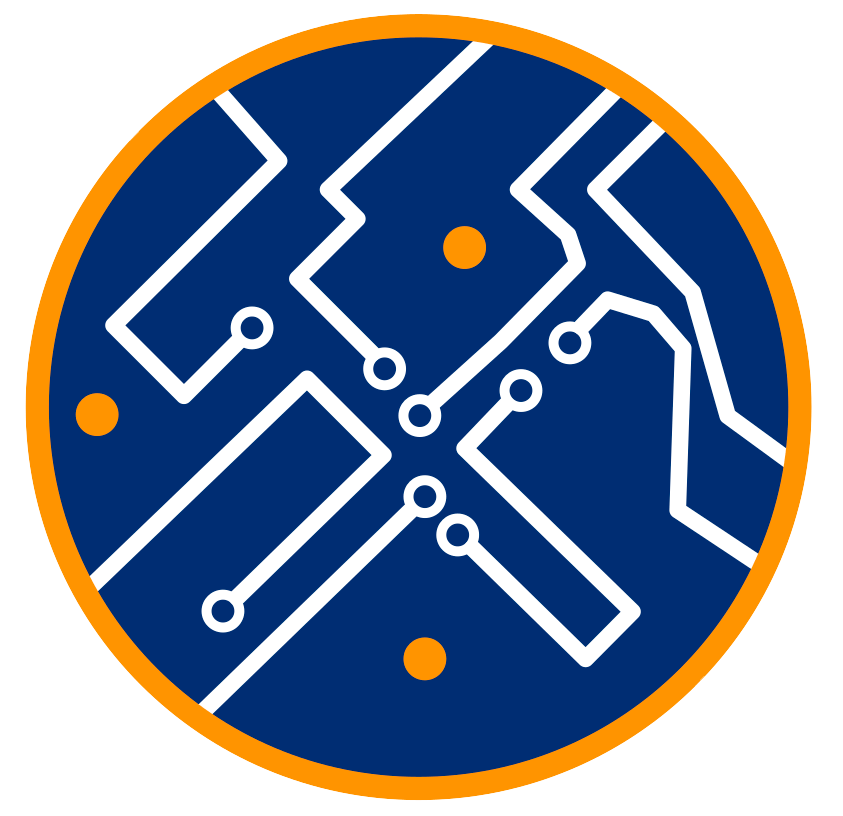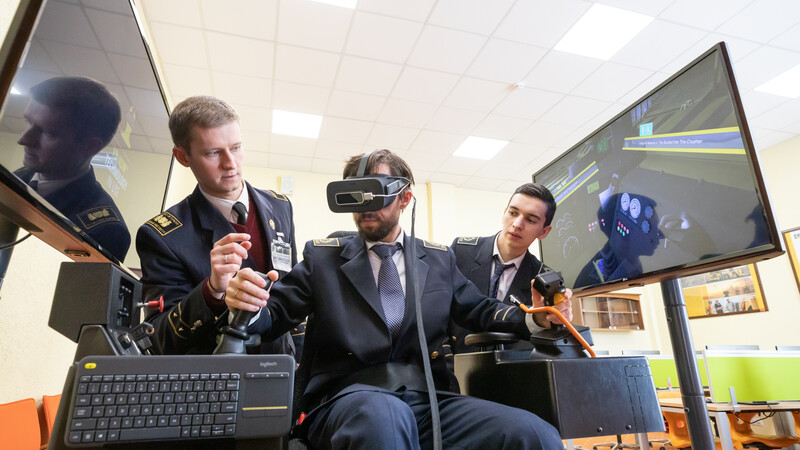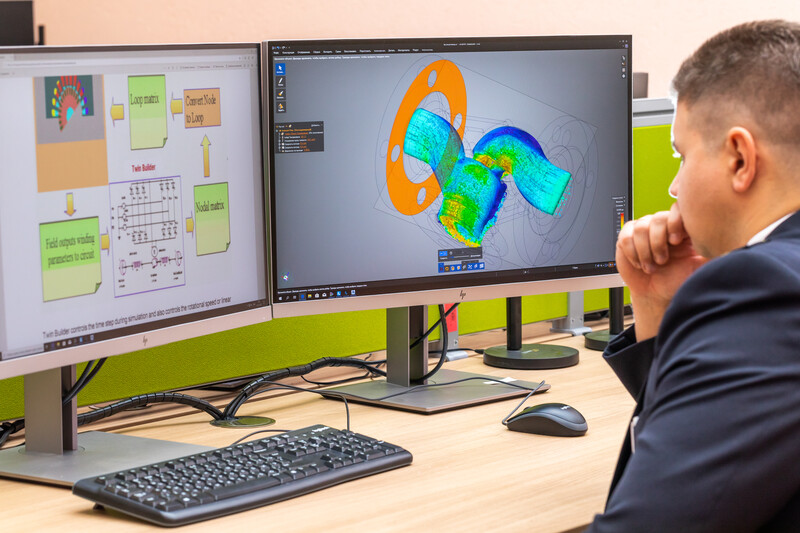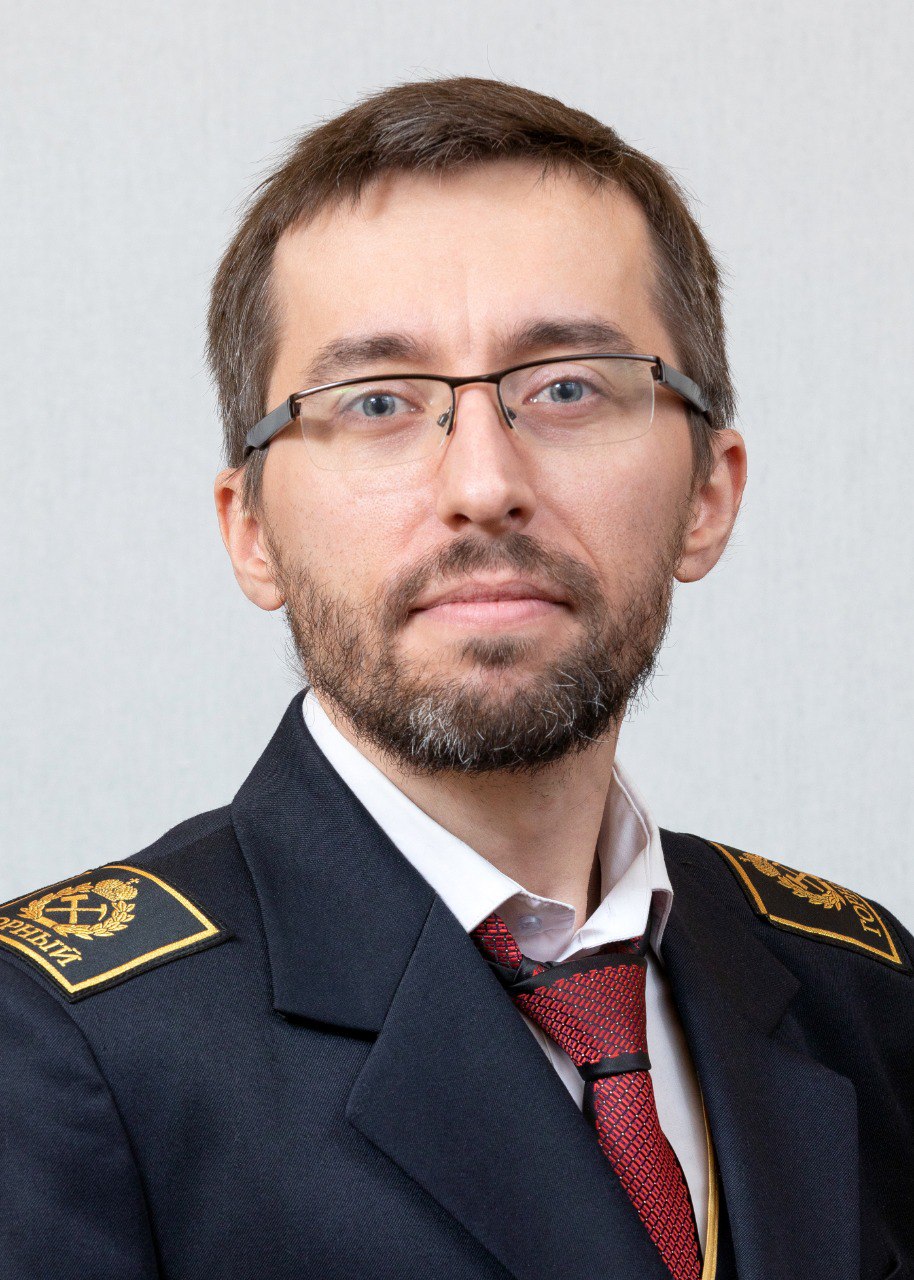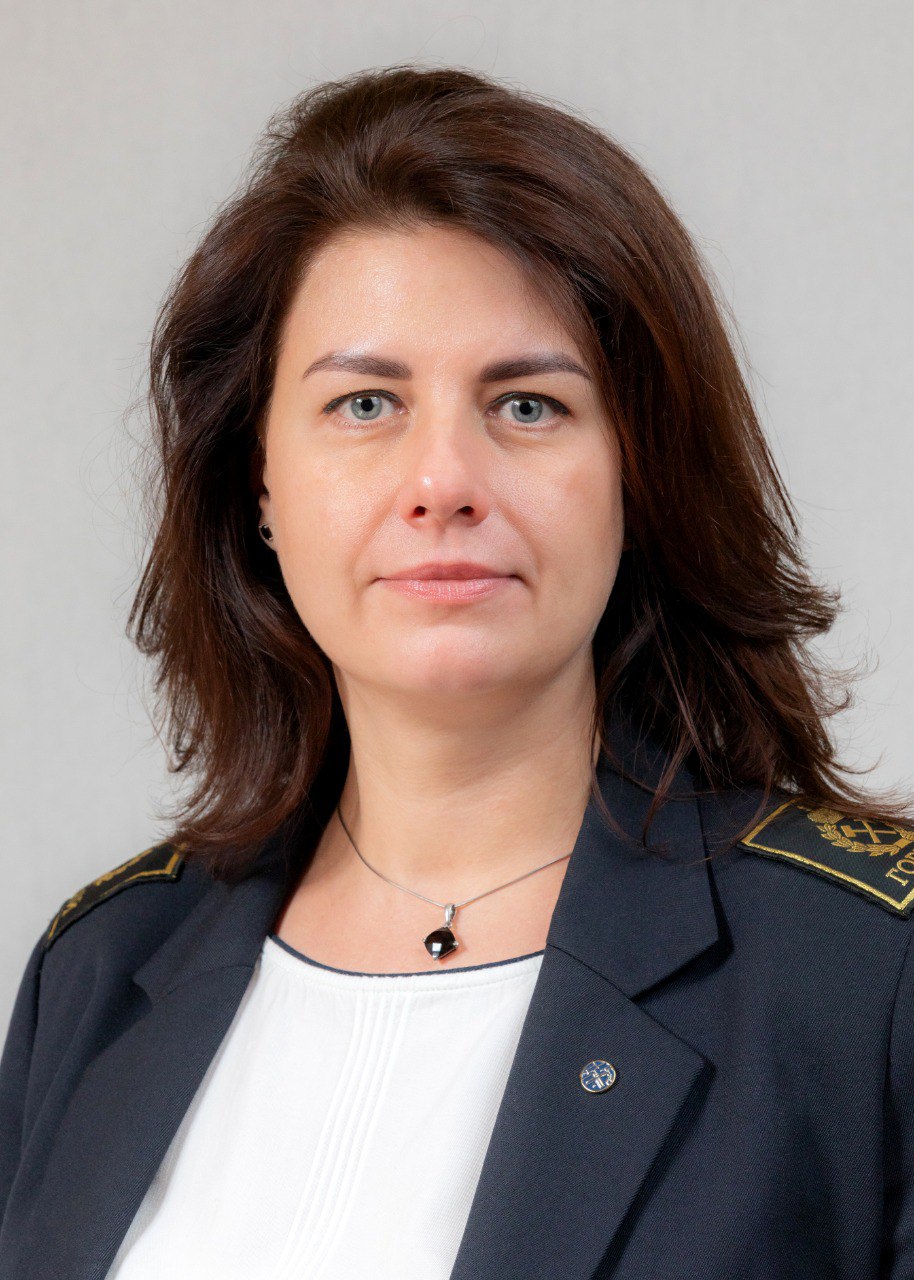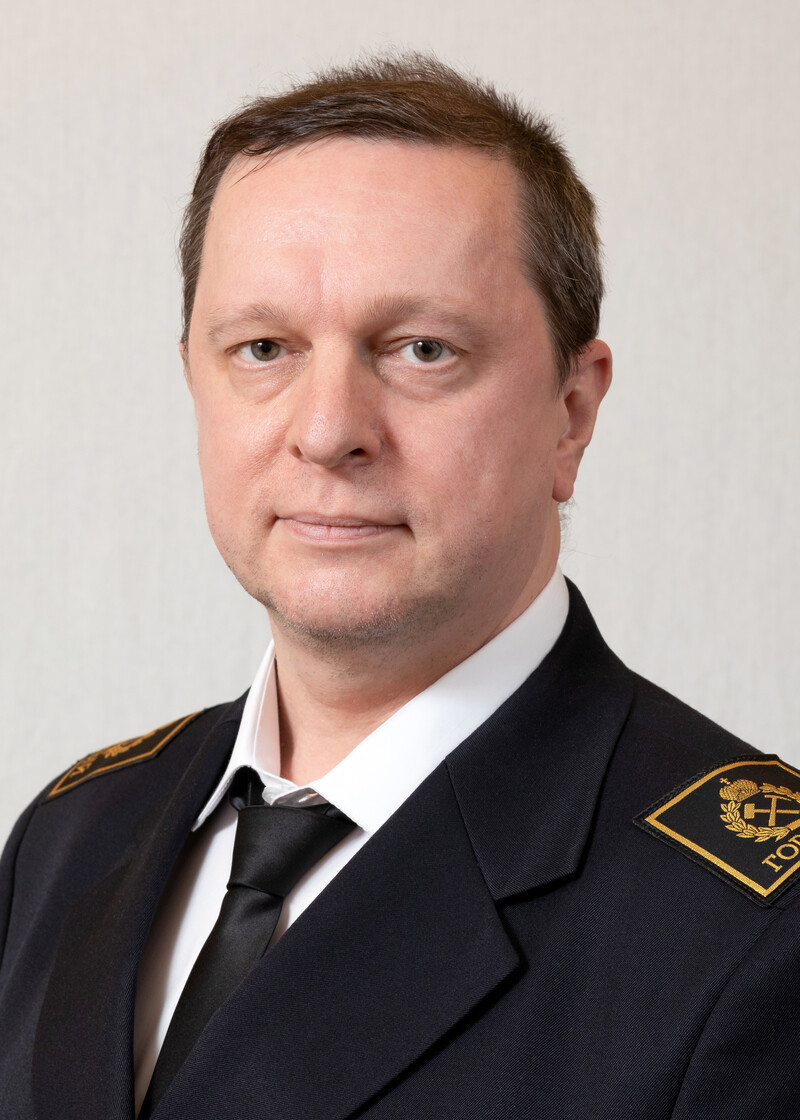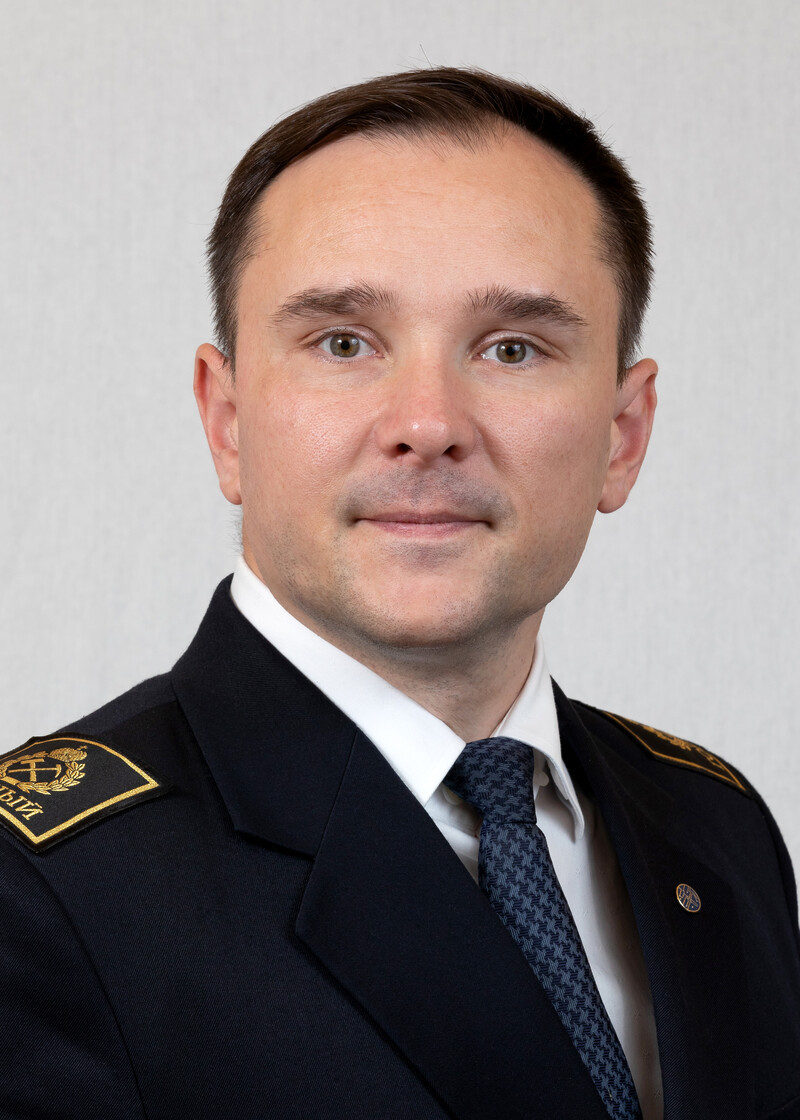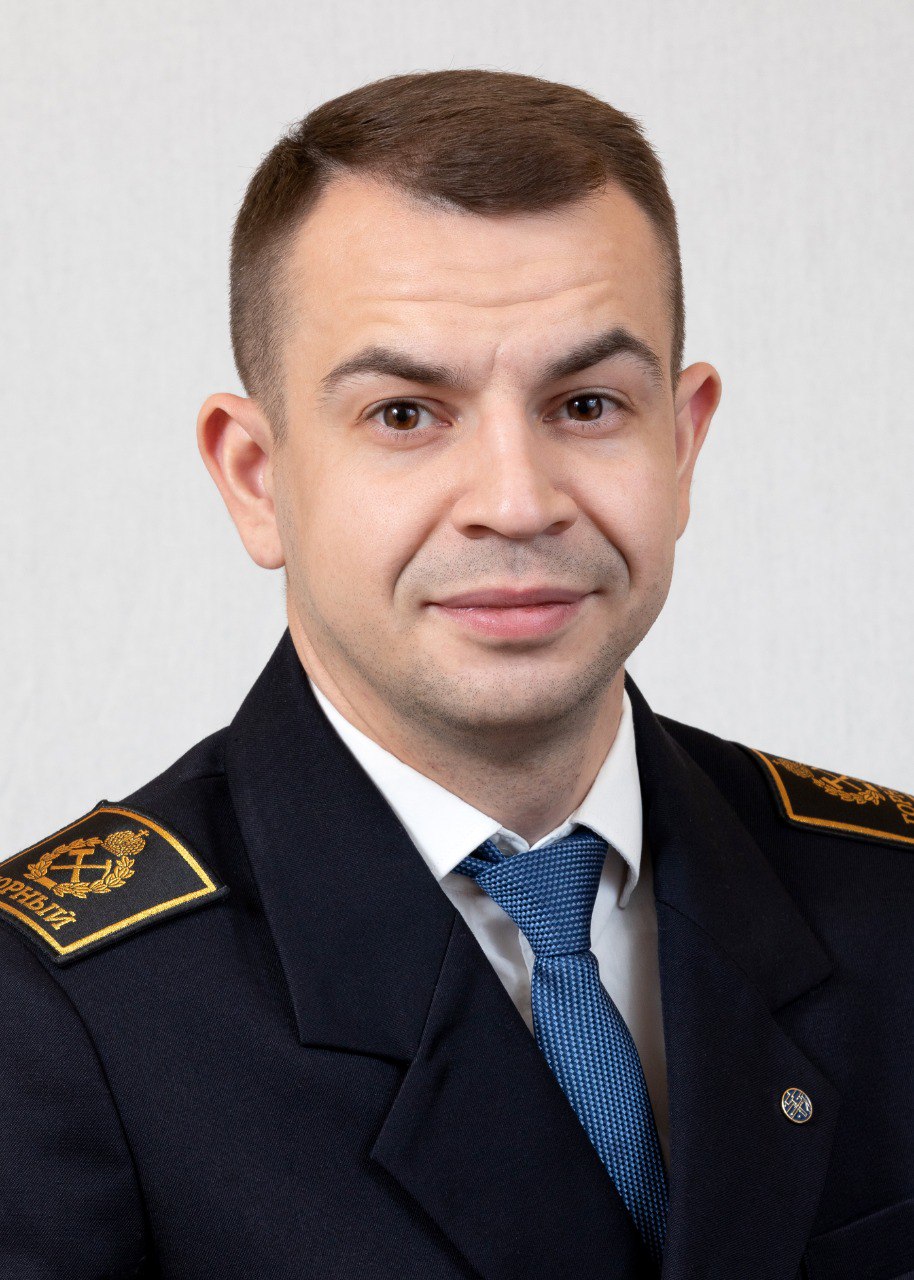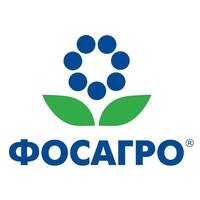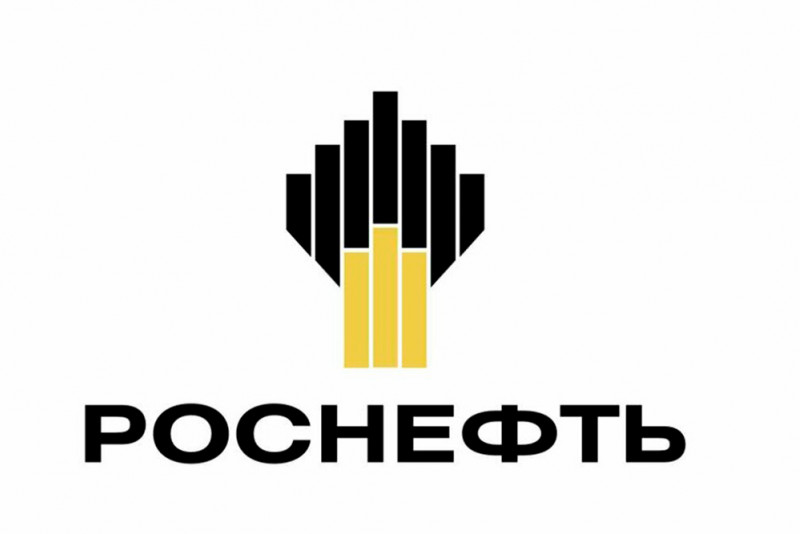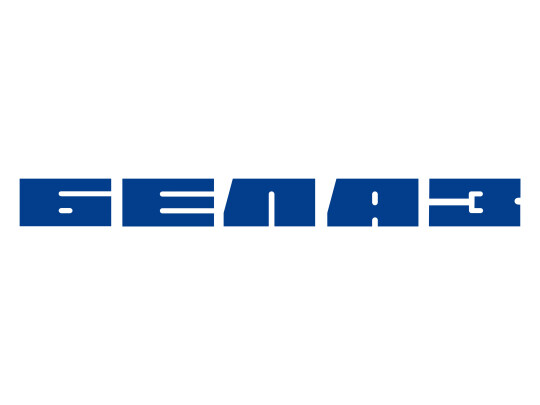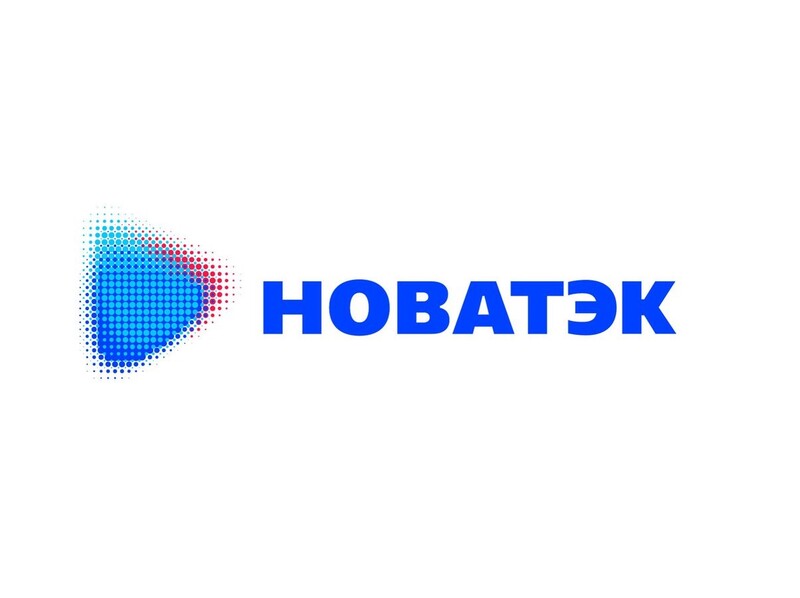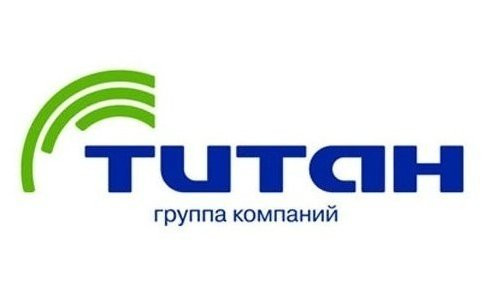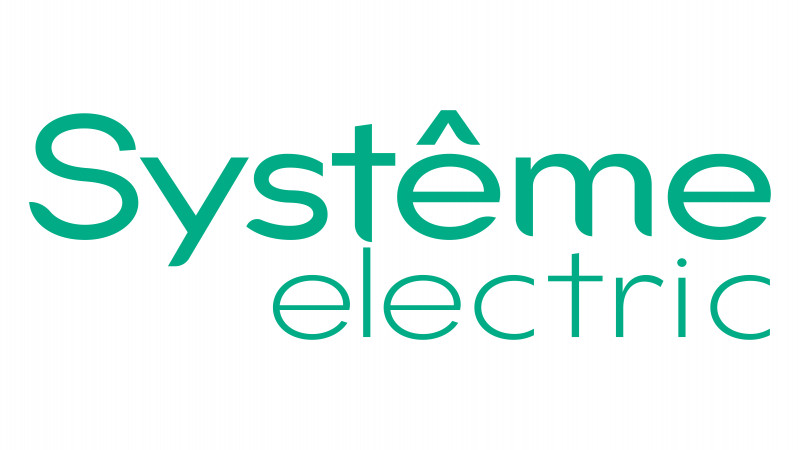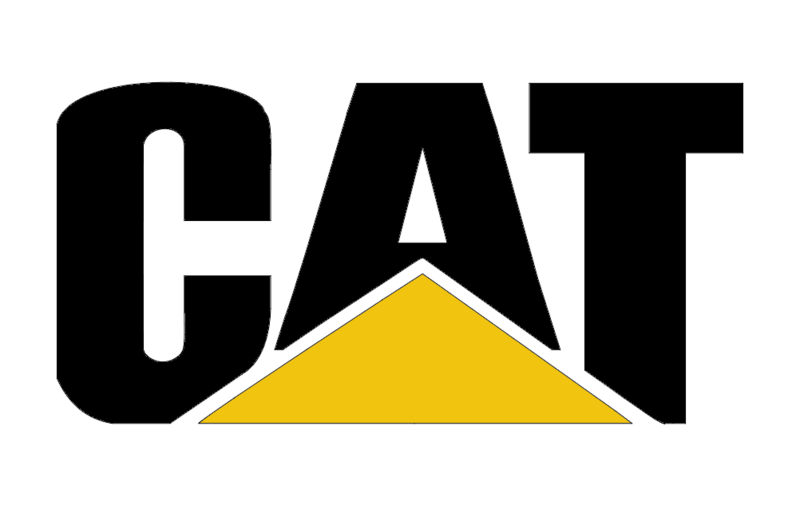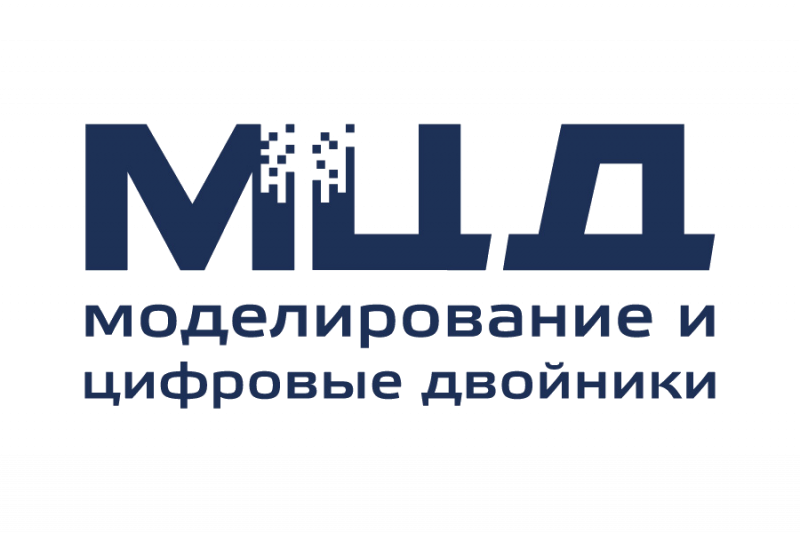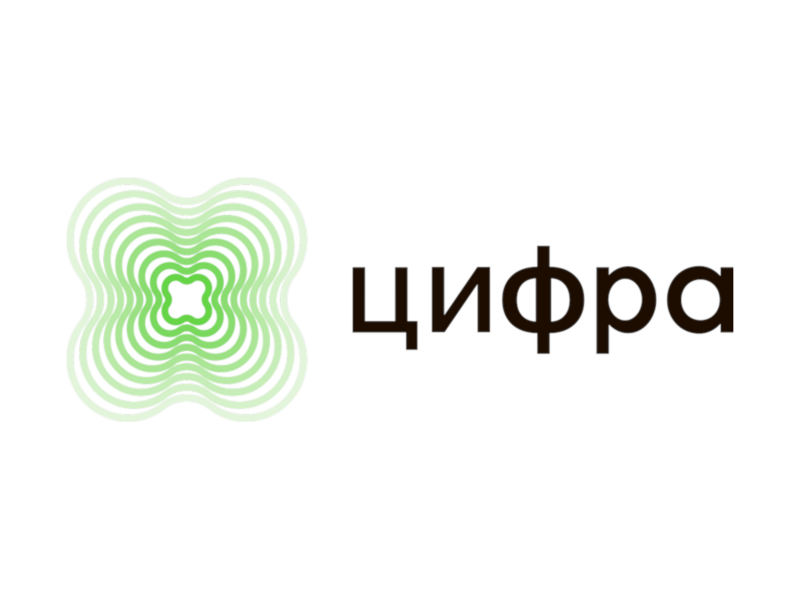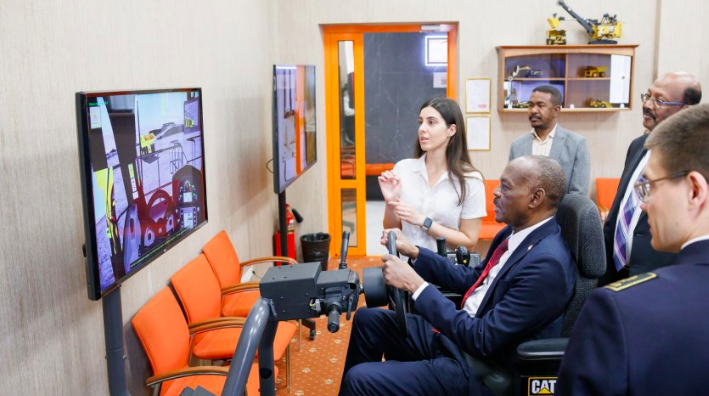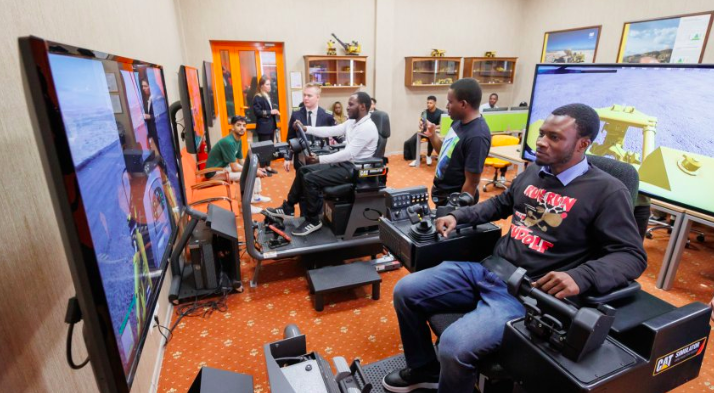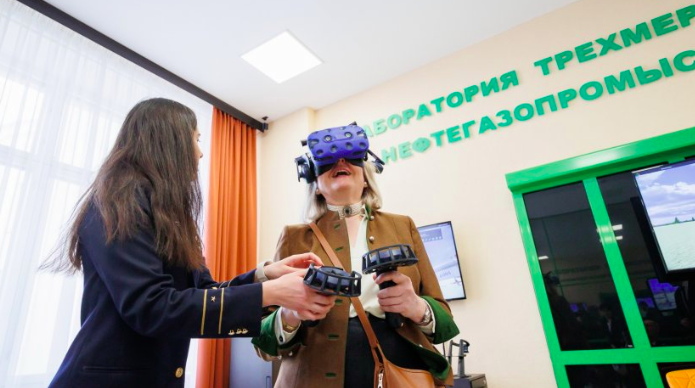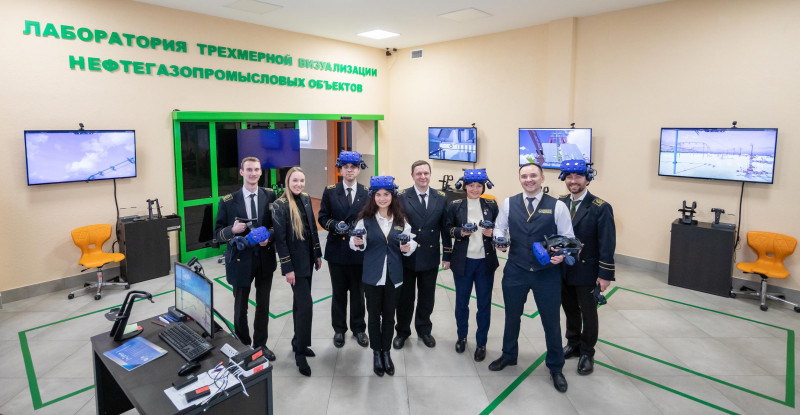
The speed of scientific and technological progress and the disappearance of certain activities associated with the penetration of automation into all areas of production and management processes are factors of possible growth for enterprises of the future. Digital integration, which integrates scientific directions, people, processes, users and data, will create the conditions for scientific and technological advances and breakthroughs, enabling scientific and economic shifts in related industries and, above all, in the global mineral market. In this regard, in 2018, for the purpose of training, research and development in the field of digital technologies for the enterprises of mineral and fuel and energy complexes, the "Educational Center of Digital Technologies" was established at the Mining University.
Learn more about tasks

Directions of scientific research

Study of efficient development and functioning of energy systems on new technological basis, energy saving principles, modern electrical engineering, RES

Theory and methodology of information support of subsoil use objects

Creation of a system of continuous training and professional development aimed at forming professional digital competences of specialists required to ensure the innovative development of the fuel and energy complex

Energy saving and energy efficiency improvement

Transition to advanced digital, intelligent production technologies, robotic systems at the enterprises
This direction implies the consideration of intellectual technologies of electric power systems management, including electric power transmission, electric power demand management, digital twins of electric power facilities, digital information models of electrical engineering systems.
Read more
Laboratory
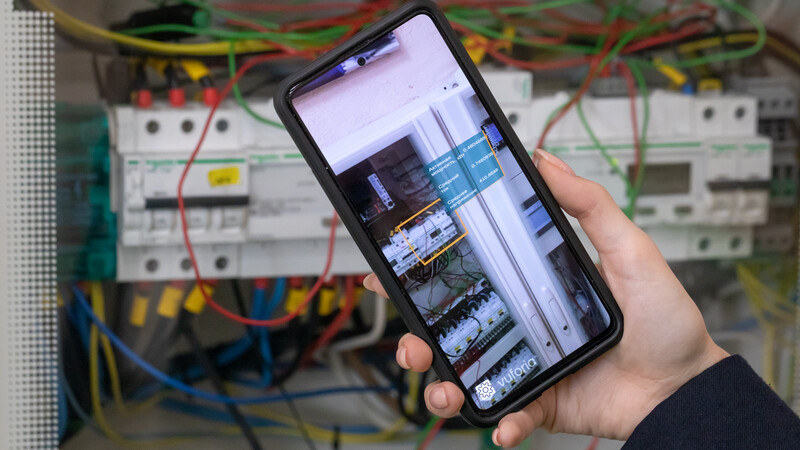

Within the framework of this direction, new methods of monitoring and management based on digital and information technologies are being developed, and information systems are being created to solve mining industry problems.
Read more
Laboratory
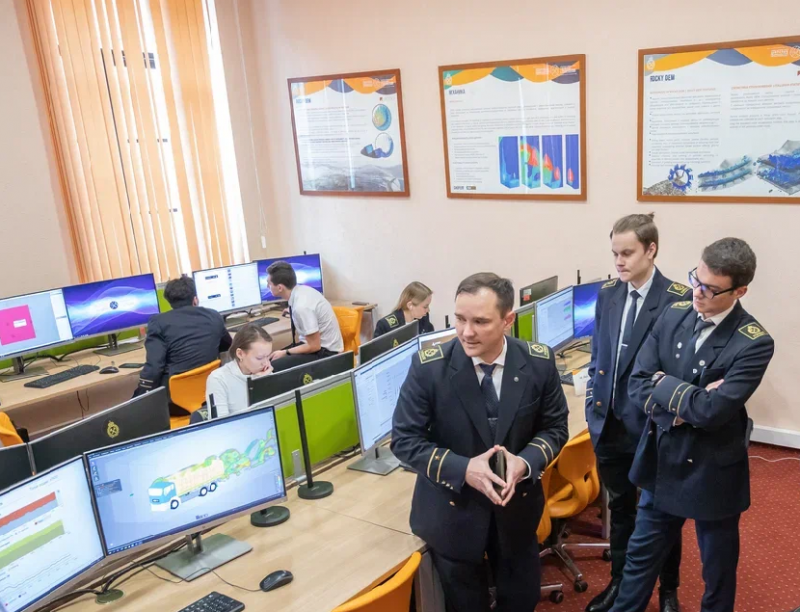

This direction is aimed at the development and popularisation of engineering education, improvement of digital competencies of employees and students, as well as implementation of additional professional education programmes for representatives of fuel and energy complex companies.
Read more
Laboratory
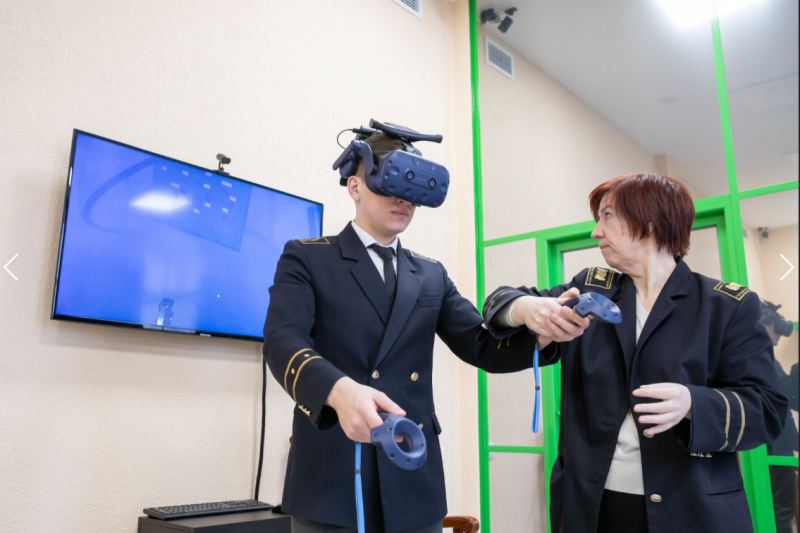

This direction implies research and substantiation of complex indicators of efficiency of energy generation, transport and consumption when supplied from traditional and renewable energy sources, taking into account the impact of global challenges and variation of external factors.
Read more
Laboratory
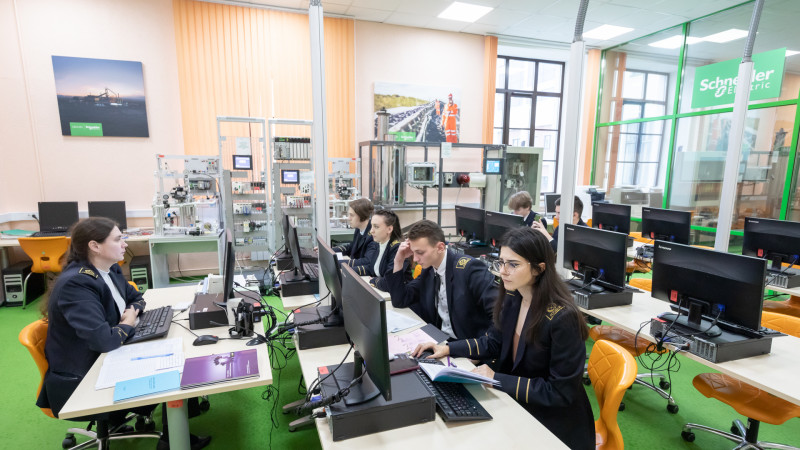

Within the framework of this direction, research is carried out aimed at improving the efficiency of equipment and technological processes of mining, processing and transporting minerals.
Read more
Laboratory
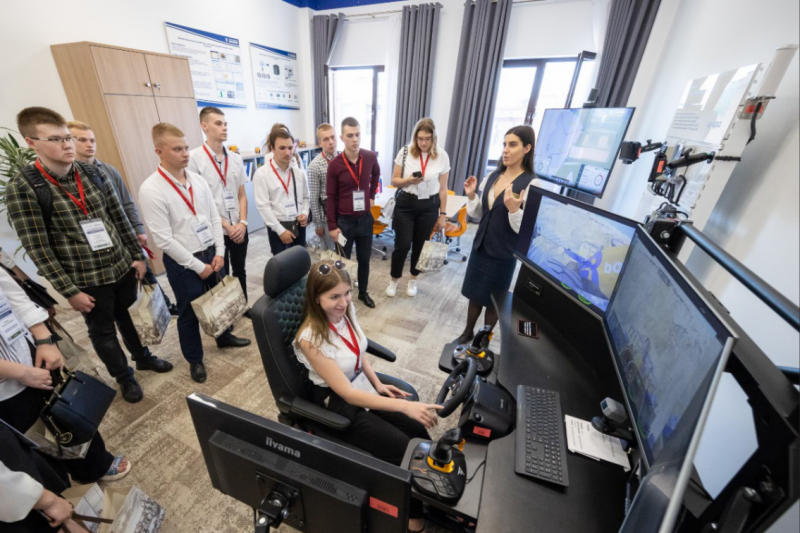

Scientific publications

DEM Calibration Approach: Implementing Contact Model
Date of publication: 2018-07-26
Journal: Journal of Physics: Conference Series
Authors: Boikov, A.V, Savelev, R.V, Payor, V.A.
ISSN:17426596
The problem of DEM contact models choice is described in the article. An analysis of the input data calibration, including a choosing the contact model, is performed. The main theoretical positions of the most popular models are considered, their comparison is made on the basis of a specially designed stand. Description and justification of the designed stand are considered. The analysis of the obtained results is carried out. Recommendations on the choice of the DEM contact model are given. The results show that it is time-efficient to use non-linear contact model for future model calibration.
Elaboration of the mathematical model of the intermediate linear drive belt with pressure rollers
Keywords:Belt | Conveyor | Intermediate drive | Linear drive | Mathematical model | Tension
Date of publication: 2016-10-01
Journal: ARPN Journal of Engineering and Applied Sciences
Authors: Trufanova, I.S, Lavrenko, S.A.
ISSN:18196608
Q3
(Scimago)
Annotation
This article describes the options for increasing traction effort. Mathematical model of intermediate linear drive with different types of pressure rollers has been given. The tractive effort transmission through the rollers with an angle of wrap in comparison with the classical theory of tractive effort transmission by the drive pulleys shows increasing in traction with equal constructive parameters.

Investigation of the effectiveness of an augmented reality and a dynamic simulation system collaboration in oil pump maintenance
Keywords:Augmented reality | Digitalization | Dynamic simulation | Maintenance | Oil pump
Date of publication: 2022-01-01
Journal: Applied Sciences (Switzerland)
Authors: Koteleva, N, Valnev, V, Frenkel, I.
ISSN:20763417
Q2
(Scimago)
The maintenance of oil pumps is a complex task for any operating organization, and for an industrial enterprise in the oil and gas sector of the economy, this issue has a high degree of urgency. One of the reasons for this is a wide spread of pumping equipment in all areas of oil and gas enterprises. At the same time, an aggressive environment, uneven load, remote facilities, and harsh climatic zones (especially in the areas of the Arctic region or production platforms) are factors that make it relevant to develop special systems that help or simplify the maintenance of pumping equipment. Dynamic modeling is one of the modern technologies which allows for solving the urgent issue of assessing the technical condition of equipment. It is the basis of systems that carry out diagnostics and prognostic calculations and allow for assessing the dynamic state of objects under various conditions of their operation, among other functions. Augmented reality technology is a technology that allows for reducing the time for equipment maintenance by reducing the time for searching and processing various information required in the maintenance process. This paper presents an investigation of the effectiveness of an augmented reality and a dynamic simulation system collaboration in oil pump maintenance. Since there is insufficient research on the joint application of these two technologies, the urgent issue is to prove the effectiveness of such collaboration. For this purpose, this paper provides a description of the system structure, gives a description of the development process of the augmented reality system application and tests the application using Microsoft HoloLens 2.
Partner reviews
"Together with the Educational Center of Digital Technologies at St. Petersburg Mining University, we have been collaborating for several years to shape fundamental and applied challenges and ideas for the digitalisation of the mining industry."
"We are very glad to be part of the process that the Educational Center of Digital Technologies at St. Petersburg Mining University is engaged in. We are confident that this centre can become an assembly point for all those new solutions that will bring the mining industry to a new level."
The Committee for the Fuel and Energy Complex of the Leningrad Region expresses its gratitude to you for your support in holding the Festival and organising an informative exposition of the enterprise aimed at attracting the young generation to the fuel and energy complex profession.
Thanks to your efforts, we will be able to further educate young people full of strength and aspirations for knowledge and creativity in the field of energy saving.
We hope for further fruitful co-operation in the field of energy saving.
Thanks to your efforts, we will be able to further educate young people full of strength and aspirations for knowledge and creativity in the field of energy saving.
We hope for further fruitful co-operation in the field of energy saving.
On behalf of the Ministry of Energy of Russia, we would like to express our gratitude to the WeWatt team of young researchers for the great and necessary work for the industry, done under your leadership on a proactive and pro bono basis.
The results of this study will serve as a basis for further work in this area and will be useful to coal companies in carrying out digital transformation of production facilities, contributing to the effective and successful achievement of the goal.
The results of this study will serve as a basis for further work in this area and will be useful to coal companies in carrying out digital transformation of production facilities, contributing to the effective and successful achievement of the goal.
Institute for Problems of Integrated Subsoil Development, Dmitry Klebanov
Leonid Zhukov, Director of SITECH Division of Zeppelin Rusland Ltd.
Committee for Fuel and Energy Complex, Chairman of the Committee Y.V. Andreev
Ministry of Energy of the Russian Federation
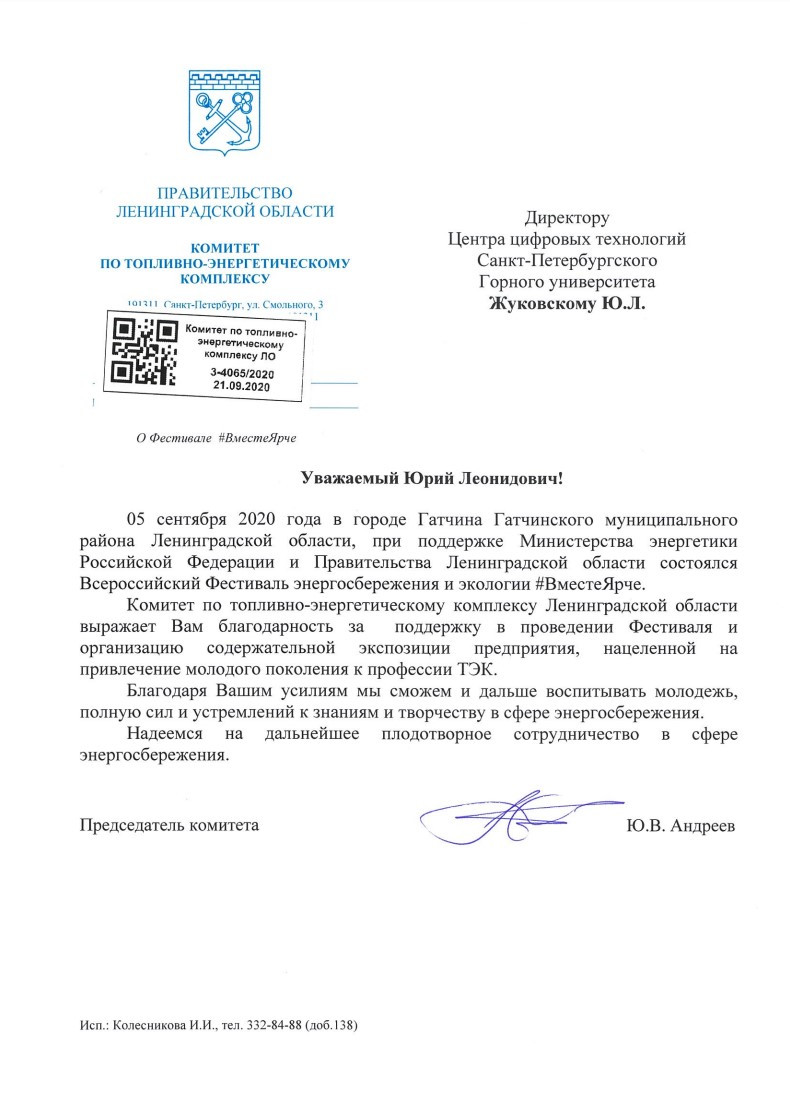
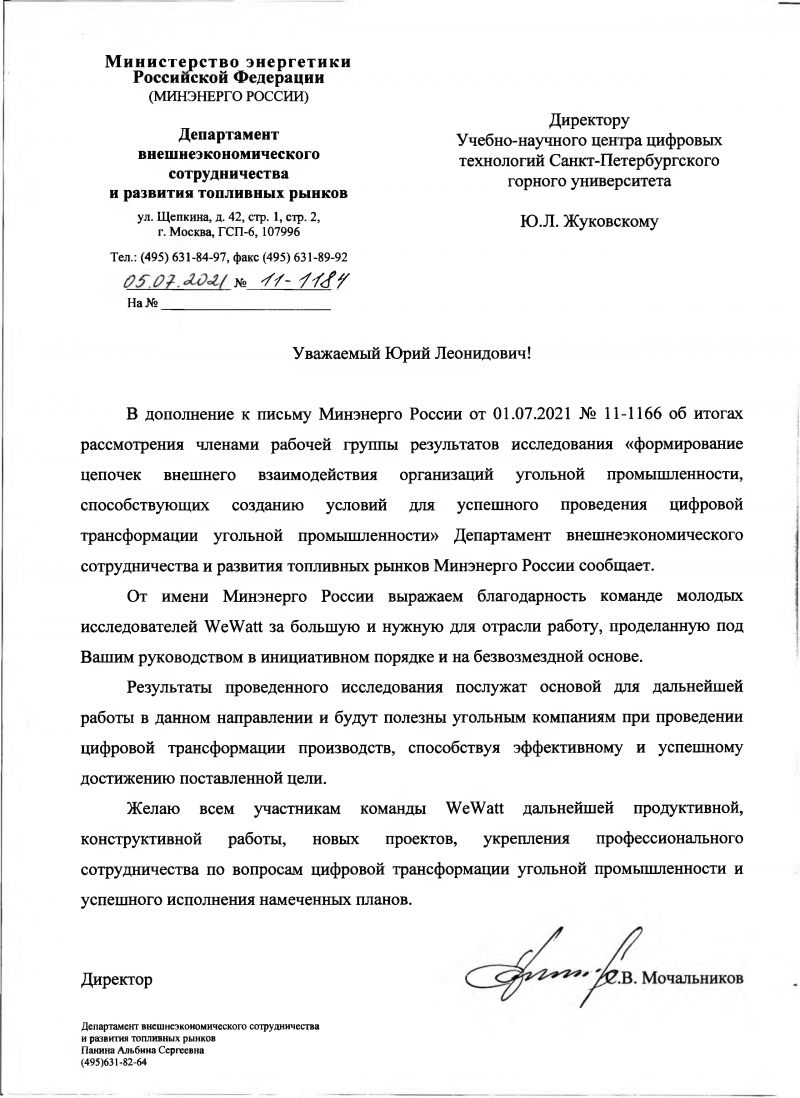

Scientific Center in persons
All employees
Feedback
News

